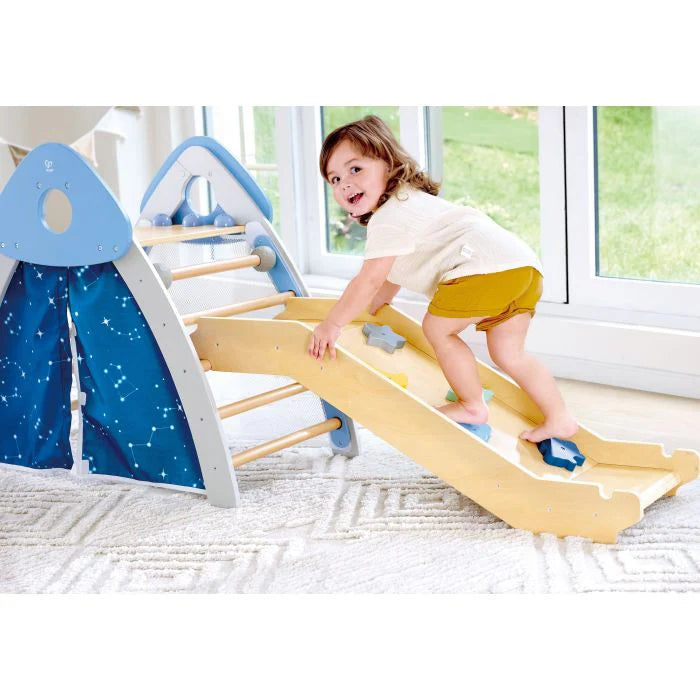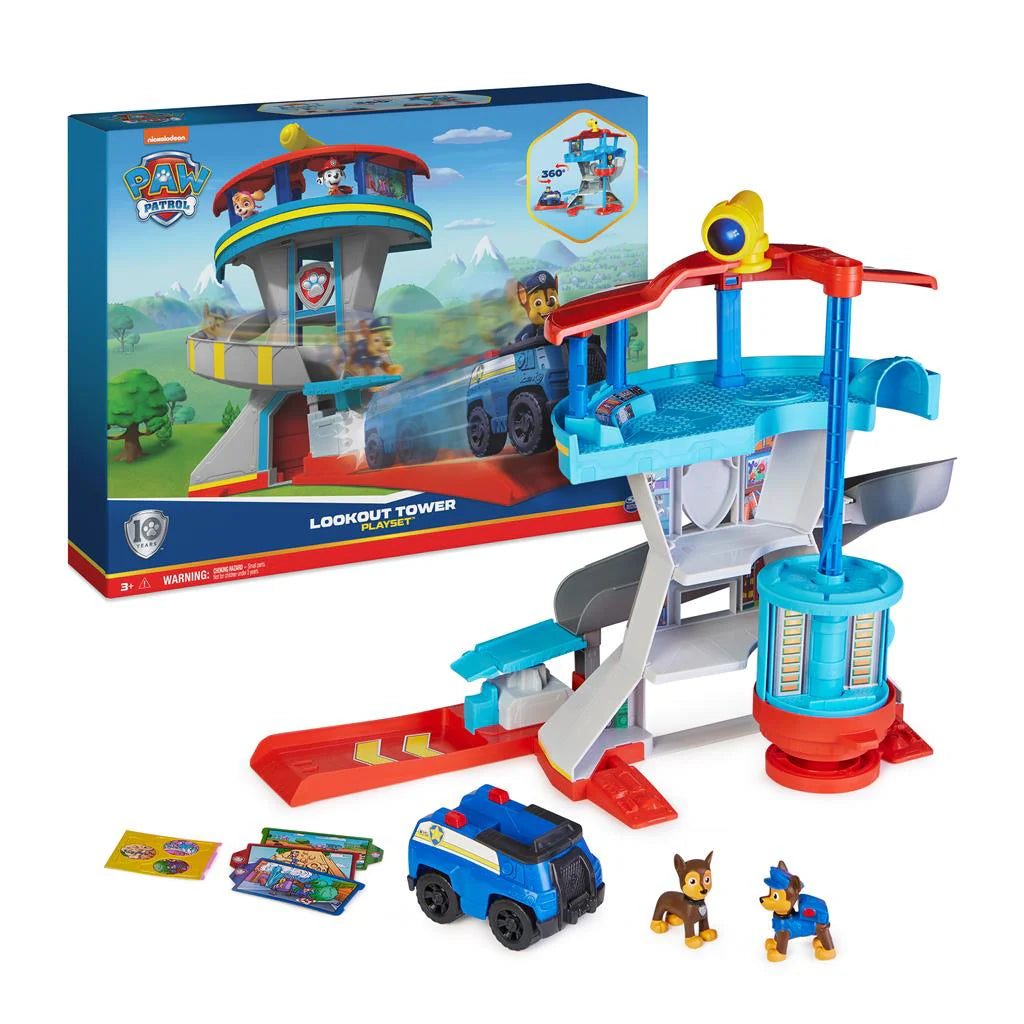What to Teach Your Child Before Starting School
Do you know what teachers would like every child to know and understand before starting school?
Times have changed, lives have become busier and meeting the new entrant teacher usually happens
once or twice before your child starts school. While some ECEs and schools have a list of things they
would prefer your child to master before starting school, many parents are still left unsure. That’s
where we can help, because we’ve put together a list of 10 important things you can teach your child
before they start school.
10 Important Things to Teach Your Child Before Starting School
Most children start going to school at age 5 and many will have attended a kohanga reo or early
childhood centre beforehand. They may already know some of these skills, but there’s nothing wrong
with you helping reinforce them.
1.Recognise the letters and sounds of the alphabet – practice singing the alphabet song, pointing
letters out on signs and in ![]() books, naming objects and emphasising the first letter sound of the
books, naming objects and emphasising the first letter sound of the
object are great ways of learning.
2.Be able to hold a pencil or marker correctly – having a pincer grip, which is holding a pencil
between your first two fingers and your thumb helps make learning to write easier.
3.Be able to put on and take off their own clothing – with other children in the classroom, the
teach may not have the time to help your child put their coat on at morning teatime or if they
need help removing clothing to go to the toilet.
4.Recognise colours and shapes – have your child touch, hold and draw differently shaped
objects, naming their shapes and colours as they go.
5.Be able to use scissors – being able to correctly hold and use scissors is really important!
Many school activities will require this skill.
6.Can tie their own shoelaces
7.Can hold a picture book and turn the pages – as your child ages, the types of books they are
exposed to change. By the time they reach school, they are generally hardcover with paper
pages, and it’s a real skill being able to gently turn one page over at a time.
8.Can follow simple instructions – giving one or two simple instructions, such as get your shoes
and bring them to me, is a fun way to learn to follow instructions.
9. Know how to wait and take turns – understanding that sharing is important and that they will
need to wait patiently to talk to a teacher.
10.Able to write their first and last names using upper and lower case letters. We have got plenty
of ![]() literacy games and activities which can help with this, including our
literacy games and activities which can help with this, including our ![]() Hape ABC Magnetic
Hape ABC Magnetic
Letters board.
If there is a specific skill or activity you are wanting some help in finding the best toys to help teach it,




Leave a comment